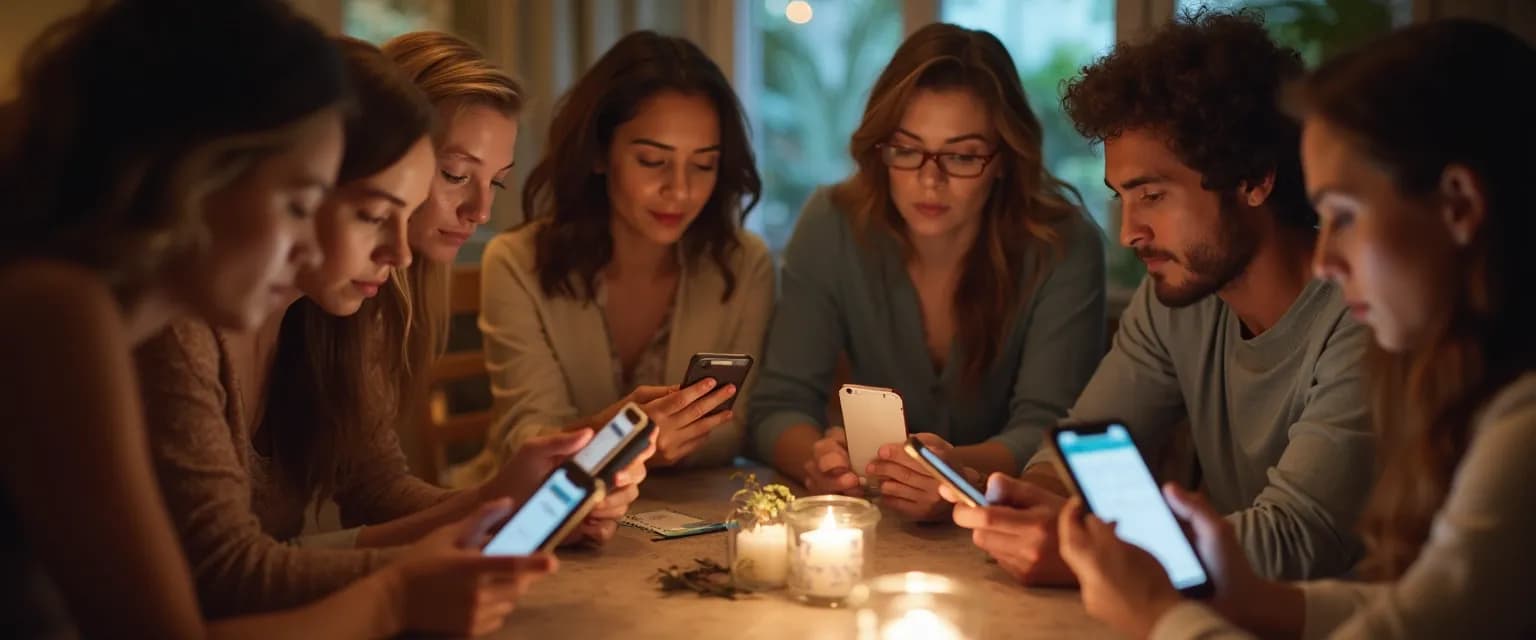Stop Procrastination During Social Planning to Strengthen Friendships
Ever notice how a simple "I'll let you know later" can subtly shift the dynamics of your friendship? Procrastination during social planning is more than just a scheduling hiccup—it's a behavior that sends powerful signals about how we value relationships. Whether it's delaying responses to dinner invitations or putting off committing to weekend plans, these small decisions create ripples that affect our social connections in surprising ways.
The psychology behind procrastination during social planning reveals interesting patterns about our priorities. When we consistently delay responding to friends, we're unconsciously communicating where they rank in our lives. Research shows that prompt responses strengthen social bonds by demonstrating respect and enthusiasm. Meanwhile, our perception of time during these interactions significantly impacts how others feel valued in our lives.
Understanding why we procrastinate on social commitments is the first step toward becoming more responsive. Often, it's not about disinterest but rather decision fatigue or fear of missing better opportunities. Effective procrastination during social planning techniques begin with recognizing these patterns in yourself.
How Procrastination During Social Planning Damages Your Relationships
The emotional impact of delayed responses goes deeper than most realize. When friends experience repeated procrastination during social planning from you, they develop what psychologists call "response expectancy"—they begin to expect and prepare for your delays. Over time, this creates a subtle form of relationship erosion.
Consider how it feels when someone consistently takes days to respond to your invitations. That uncertainty triggers relationship anxiety and can make others feel they're merely a backup option. Studies show that people who experience chronic delayed responses from friends report feeling significantly less valued in those relationships.
The most damaging aspect of social response procrastination is that it creates asymmetry in relationships. When one person consistently delays commitments while others respond promptly, it establishes an unspoken power dynamic that can breed resentment. Friends may stop extending invitations altogether, assuming you're not interested in spending time with them.
Simple Techniques to Overcome Procrastination During Social Planning
Transforming your response habits doesn't require massive lifestyle changes. Start with the 60-second rule: when you receive an invitation, take just one minute to decide if it's an immediate yes, a definite no, or needs more consideration. This quick triage approach prevents invitations from piling up unaddressed.
Creating designated "social planning blocks" in your schedule works wonders for managing invitations efficiently. Just 10 minutes every other day dedicated to responding to friends can dramatically improve your social responsiveness while managing your energy effectively.
When you genuinely need time to decide, transparency is your best ally. Try this response template: "Thanks for thinking of me! I need to check something before confirming, but I'll get back to you by [specific day]." Then set a reminder and honor that commitment.
Remember that overcoming procrastination during social planning isn't about saying yes to everything—it's about responding thoughtfully and promptly. By implementing these simple strategies, you'll strengthen your friendships while reducing the anxiety that often accompanies social decisions.




